If you’ve paid any attention over the last few months, you’d likely be plugged into the fact that our current economic landscape is starting to teeter on the brink of some form of collapse. This is particularly true if you’re someone who has either kicked the tires on the job market or been searching in vain for work. Recently, the job reports from the U.S. Department of Labor have finally begun to reflect the reality that so many of us currently outside the workforce have been yelling about at the top of our lungs. There simply are no jobs to be had, and way too many qualified applicants to fill them.
Don’t believe me? Try looking for something on Indeed or LinkedIn. You’ll be shocked by how barren things are in specific industries, particularly white-collar work. The market was terrible last year, and it’s even worse now. I’d love to be able to lay the blame at one particular administration’s feet, but this is one element that the Biden White House did little to course-correct, and Trump 2.0 is accelerating its decline with radical economic policies that have made every employer pull their heads into their respective turtle shells for safety. And then there’s the AI of it all: a Pac-Man-style monster swallowing up entry-level administrative work like so many pellets.
The best art is a reflection of the time in which it is born. I’m sure someone smart said that who wasn’t me, but I don’t know whom to quote, so I guess we’ll just say I said it. And Park Chan-wook, whose filmography needs little introduction if you’re at all attuned to great international cinema (Oldboy, The Handmaiden, Thirst, Decision to Leave), has in No Other Choice dropped a nuclear bomb of a film seething with anger, all wrapped up in a loose adaptation of Donald Westlake‘s own firecracker of a novel, The Ax.
From the realm of filmmaking coincidences, this is the third Westlake big-screen adaptation to drop this year (The Actor from back in the spring, and Shane Black‘s upcoming Play Dirty – yet another Parker adaptation), but this is unquestionably the best one. And it may very well attain the status of “Best Westlake adaptation ever,” given time. It rocks that hard.
Yoo Man-soo (the great Lee Byung-hun) has been laid off from his job as a middle manager at a paper manufacturing company. Paper has been everything to him: it provided him a source of stability, a livelihood, and a standard of living to which his wife Mi-ri (Son Ye-jin), two children, and two dogs have become accustomed. And perhaps most importantly to him, a sense of self. But thanks to that all-too-pervasive trend of smaller companies getting swallowed by bigger conglomerates and then trying to find as much fat to cut as possible, Yoo is among a big swath of employees rendered redundant. In an early stand for his fellow ex-colleagues, Yoo tells his supervisors that in America, being fired is called “getting the axe,” while in Korea, the same euphemism takes on a more violent connotation as they say “it’s your neck” – the literal cutting of your lifeline between your brain and body.
While Yoo is forced to endure career coaching and overly reassuring professional guidance alongside everyone else he worked with, he and his family find the bills piling up. A hefty mortgage that has to be paid, cello lessons for their daughter, tennis lessons for Mi-ri, cars, food on the table, you get the picture. But Yoo finds that his competition is significant and awfully stiff; some have better education, better experience, and present themselves better in the interview phase. It’s here that he decides, with so little work and so many applicants, that he has to do something rash. He has to eliminate his competition… literally.
If you’re familiar with Park’s filmography, you’ll have a sense of what to expect from the outset. Beautiful cinematography tied to a semi-operatic tone, all wrapped up in Hitchcockian verve. No Other Choice is also threaded with the usual Park-style humor, where scenes of tremendous tension – such as when Yoo is about to murder one of his intended targets and they instead begin arguing with one another about how the victim in question could have considered other lines of work than the paper industry – create unexpected moments of dark comedy.
But there’s a satirical edge that wields its way through as Park and the cast pick up a head of steam, particularly as the threat of automation looms large. The filmmaker gets to froth up a specific strain of venom that makes this adaptation of a terrific novel all its own. In a way, I’m reminded a good deal of American Psycho, but without the excess bloodshed or madness. This is a world where desperation replaces the hole left when your purpose in life has been taken from you. That same desperation turns into something rash and horrible, but in the end, it asks the question: Doesn’t late-stage capitalism make monsters of us all?
Park, compared to Bong Joon-ho, who emerged at basically the exact same time, has always been a bit less general audience-friendly. His Vengeance Trilogy was slower and more extreme (especially Oldboy, though it’s still his most popular film), The Handmaiden was perhaps too kinky, Decision to Leave was maybe too complex, but No Other Choice comes the closest Director Park has had to a Parasite-style mainstream feature, certainly since Oh Dae-su emerged on his quest for revenge over twenty years ago. That it’s releasing at just the right global moment, with everything within society’s infrastructure overwhelmed by a sense of tenuousness unlike anything we’ve seen in our lifetimes, makes it all the more essential.


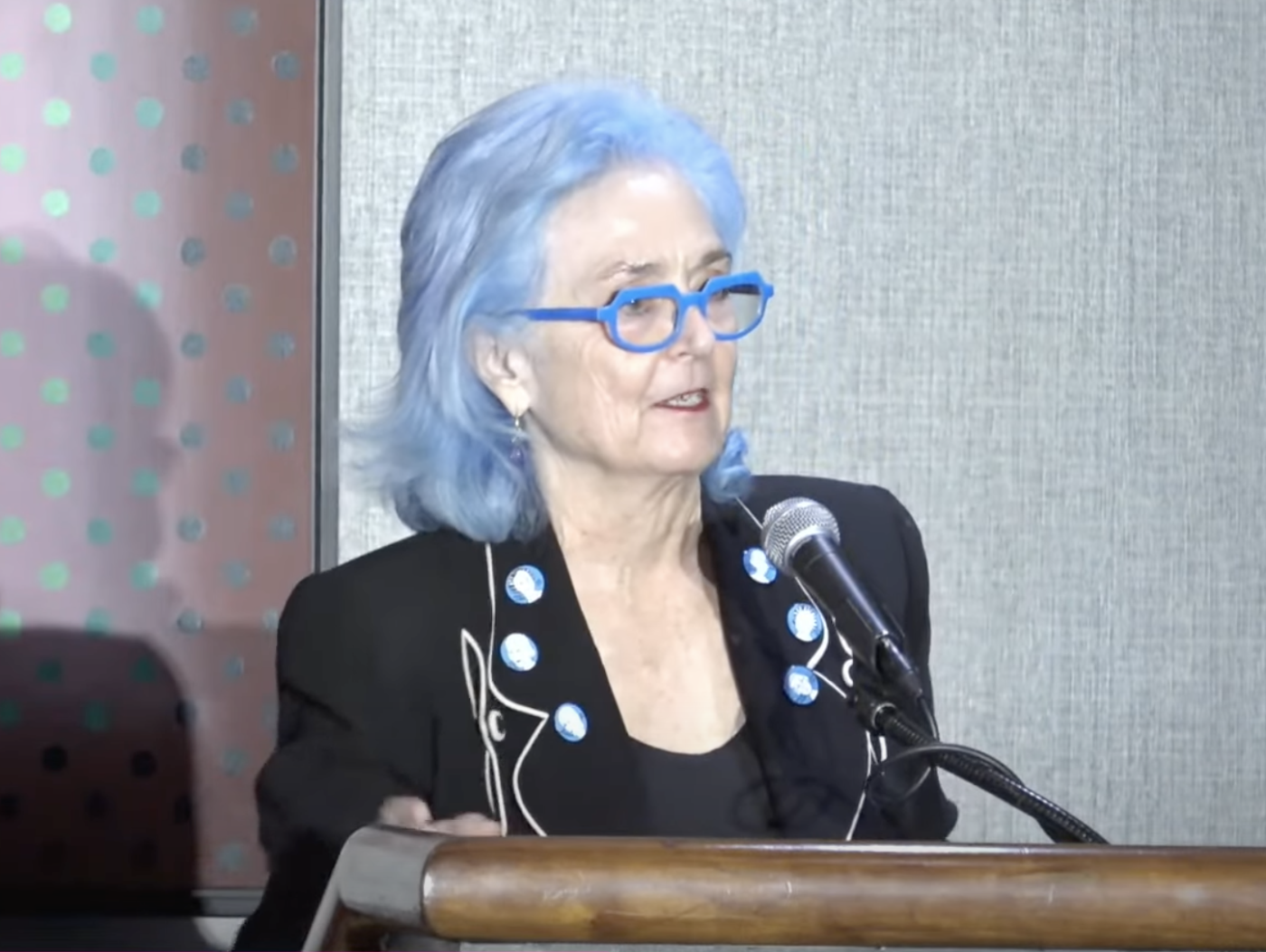
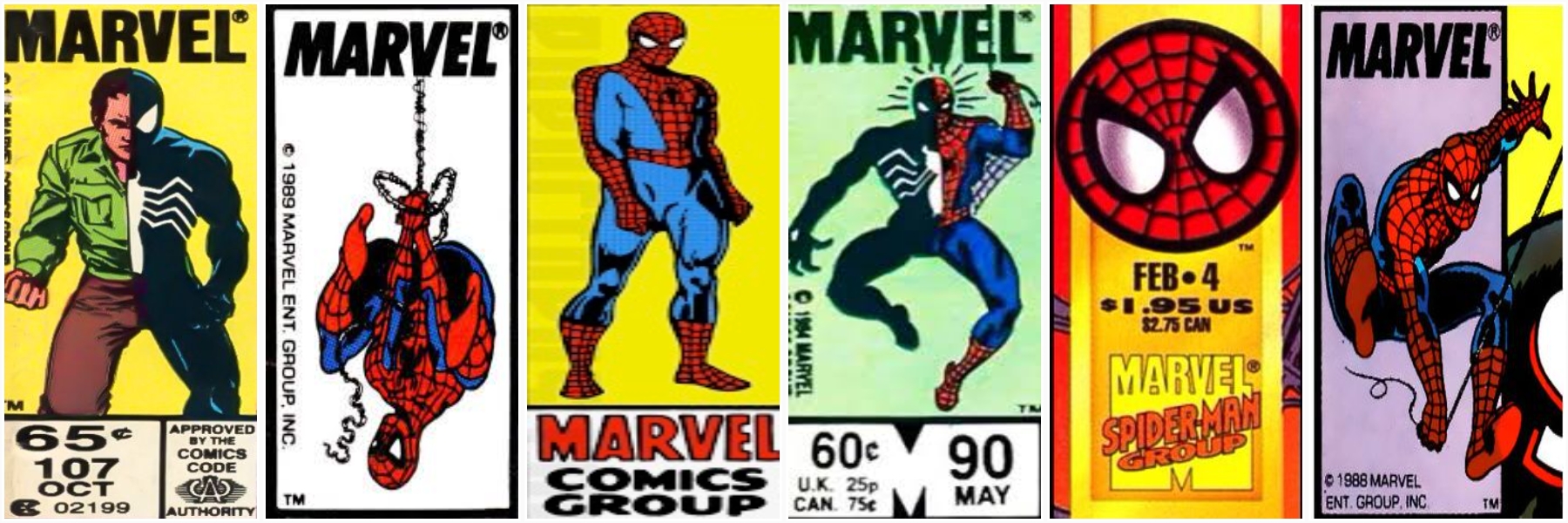





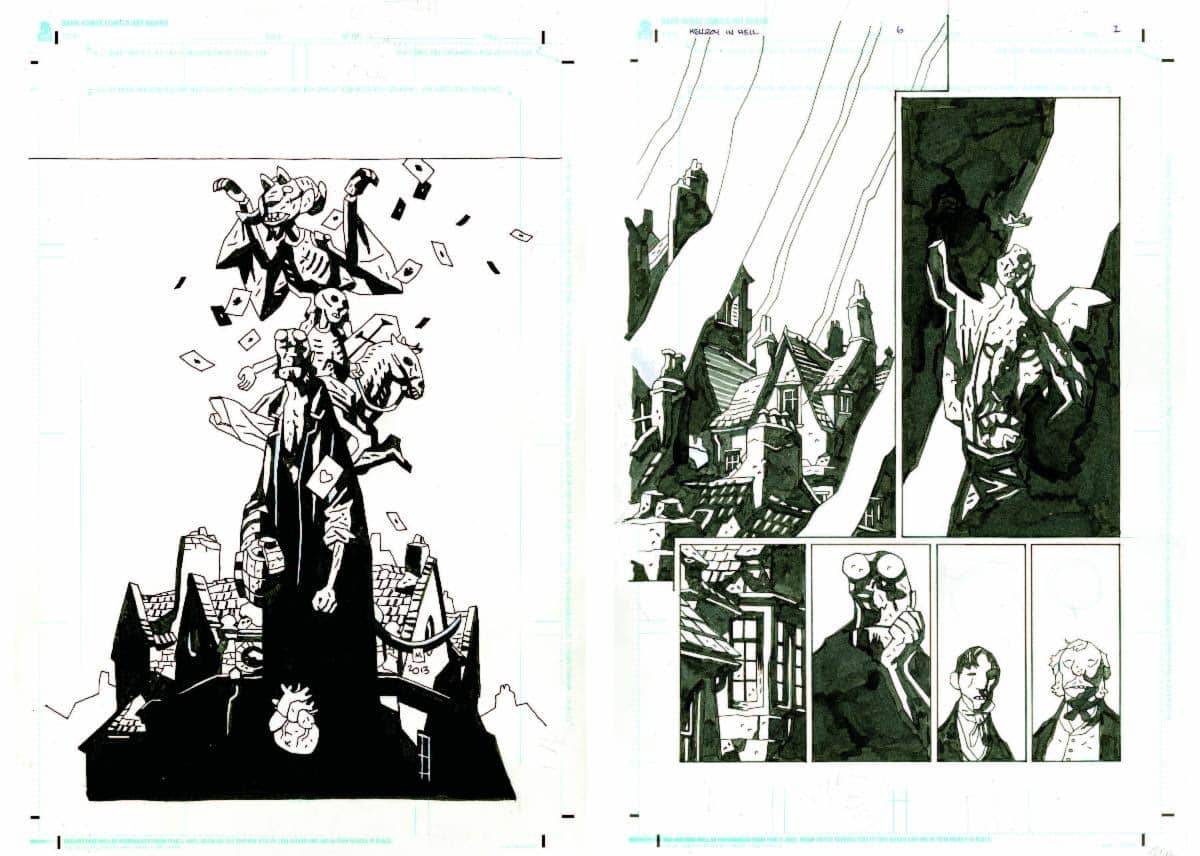


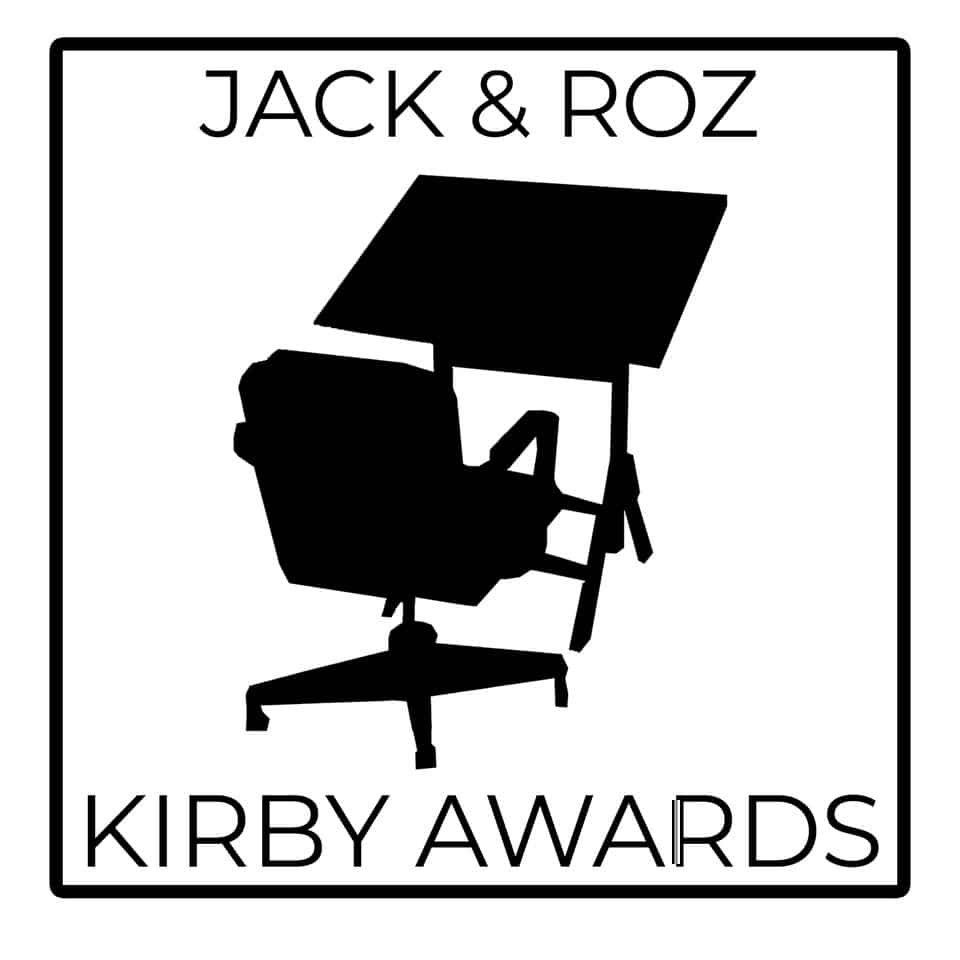

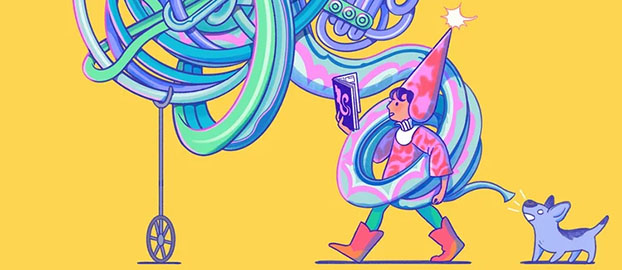
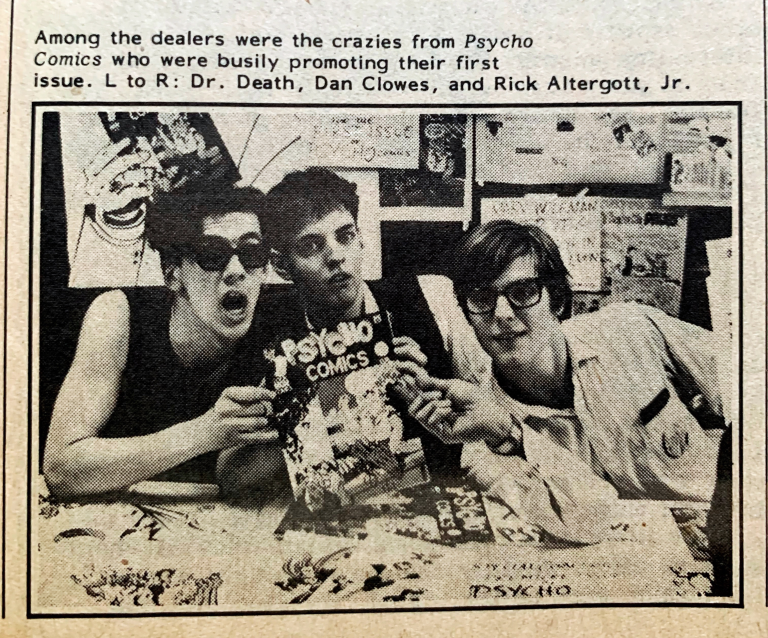

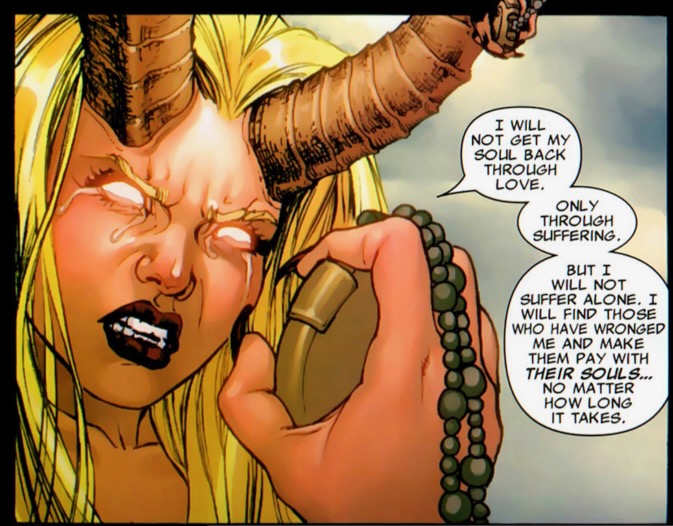


 English (US) ·
English (US) ·